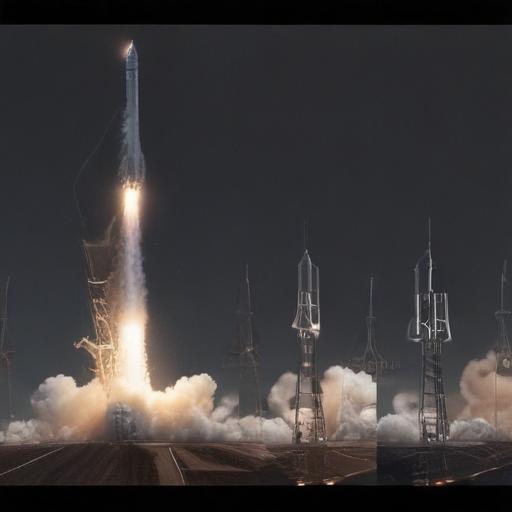SpaceX marked a notable milestone early Monday with its 100th launch of the year, lifting off from Florida on a mission that carried 24 Amazon Project Kuiper satellites into low-Earth orbit. The successful deployment adds another chapter to SpaceX’s busy launch cadence while placing a direct Amazon constellation in competition with SpaceX’s own Starlink network.
The mission underscores SpaceX’s two-pronged business model: it is not only pursuing a vast satellite Internet network, but also positioning itself as a dominant launch provider. Reusing the first stage of the Falcon 9 has allowed SpaceX to slash costs and shorten the time from order to liftoff, turning frequent launches into a core competitive advantage. By offering some of the lowest prices per kilogram to orbit, SpaceX has built a robust launch market that serves a wide range of customers and missions.
SpaceX has shown a willingness to launch satellites for other broadband operators, a fact that highlights the company’s role as a go-to launch partner regardless of customer affiliations. Between late 2022 and 2024, SpaceX supported four batches of satellites for OneWeb, another broadband competitor. It has also carried AST SpaceMobile’s satellite payloads and, in a separate line of work, launched two Cygnus cargo spacecraft for Northrop Grumman to the International Space Station, a reminder that even direct competitors can share launch resources when it comes to access to space.
Bezos and Musk remain rivals in many arenas, especially in the private spaceflight and satellite Internet sectors. Yet their companies’ paths intersect in the launch business, where SpaceX’s capability to rapidly deploy payloads—including those intended to challenge its own Starlink service—helps keep a crowded market manifest and stimulates rapid innovation across the broader space ecosystem. The ongoing collaboration and competition illustrate a market pushing toward cheaper, more reliable access to space and faster, more extensive broadband coverage for users worldwide.
Summary: SpaceX’s 100th launch of the year, delivering 24 Amazon Kuiper satellites, reinforces its position as a leading launch service provider while illustrating the intertwined competition and cooperation shaping the satellite Internet landscape. The cadence of missions, coupled with its willingness to launch cargoes and satellites for a range of customers, points to a dynamic space industry where efficiency, cost, and coverage are driving rapid progress.
Positive note: The overall trend signals stronger global connectivity and faster access to space, with multiple players pushing to lower costs and expand services for people and businesses around the world.
